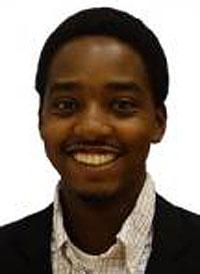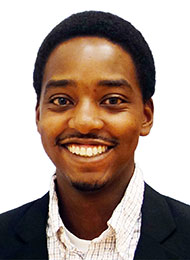Rwanda’s liberation through the generations
Rwanda’s history has been blighted by a series of events that few nations could recover from; massive ethnic exodus, civil war, and finally a genocide.

Adam Kyamatare

